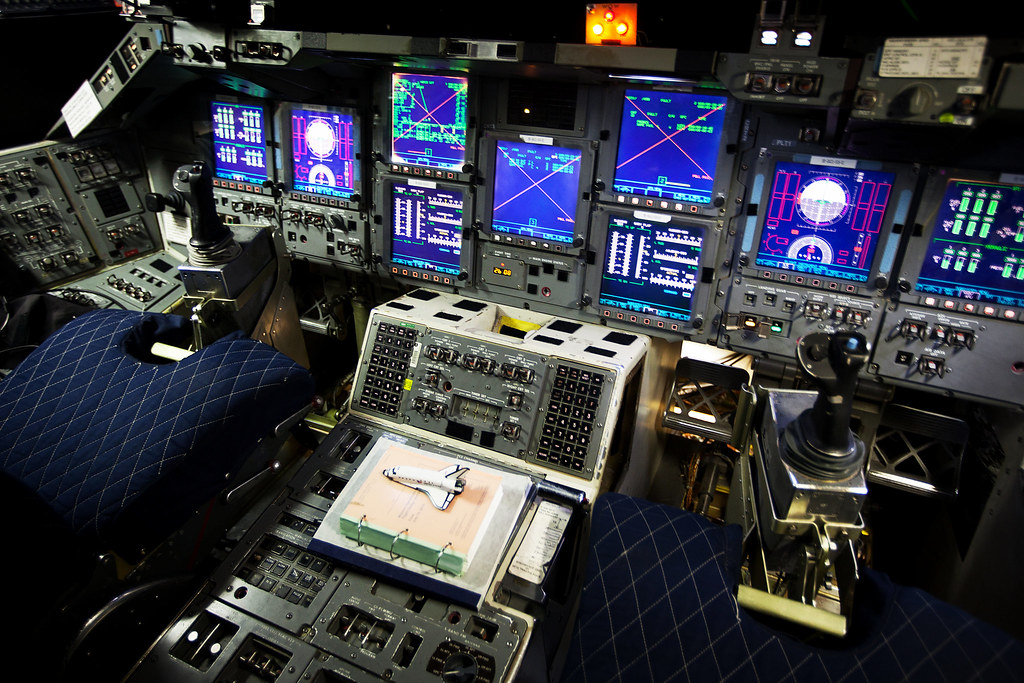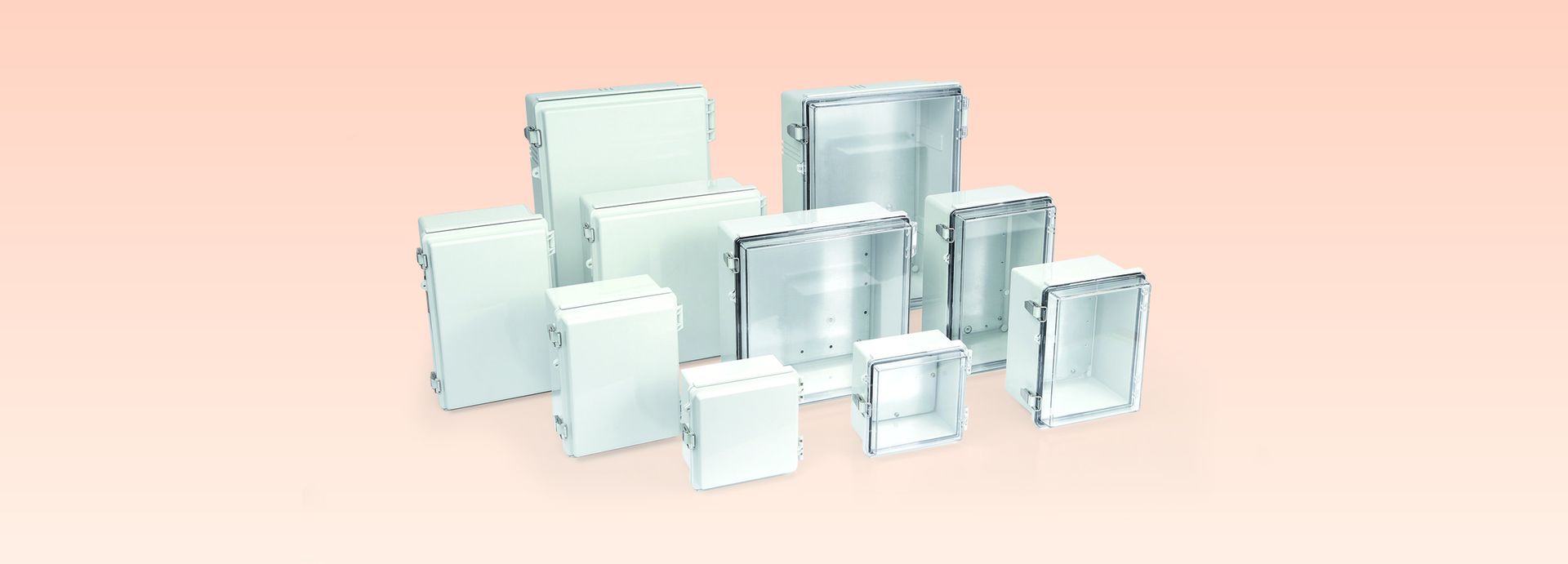High-Performance Plastics for Aeronautics Applications
Aeronautics applications demand materials that offer exceptional mechanical properties, thermal stability, and resistance to harsh environments. Among the high-performance plastics used in these industries, Acrylonitrile Butadiene Styrene (ABS) and Polycarbonate (PC) stand out due to their unique benefits. This document explores the key characteristics, benefits, and applications of ABS and PC in aeronautics, highlighting their significance in this critical sector.
Key Characteristics of ABS and PC
Acrylonitrile Butadiene Styrene (ABS):
High Impact Resistance: ABS is known for its toughness and ability to withstand significant impact without cracking.
Mechanical Strength: ABS provides excellent mechanical properties, including high tensile strength and stiffness.
Thermal Stability: ABS can endure moderate temperatures, making it suitable for certain aeronautics applications.
Chemical Resistance: ABS is resistant to various chemicals, enhancing its durability in challenging environments.
Ease of Fabrication: ABS can be easily molded and fabricated into complex shapes, allowing for versatile designs.
Polycarbonate (PC):
High Impact Resistance: PC offers superior impact resistance, making it ideal for applications where durability is crucial.
Transparency: PC is highly transparent, allowing for clear visibility and optical applications.
Thermal Stability: PC can withstand higher temperatures compared to ABS, providing thermal stability in demanding conditions.
Flame Retardancy: PC can be formulated to be flame retardant, meeting stringent fire safety standards.
Chemical Resistance: PC resists various chemicals, ensuring longevity and reliability.
UV Resistance: PC has inherent UV resistance, making it suitable for outdoor and high-altitude applications.

Benefits of Using ABS and PC in Aeronautics
- Enhanced Durability: Both ABS and PC offer high impact resistance and mechanical strength, ensuring that components can withstand the stresses of aeronautic environments.
- Weight Reduction: These plastics are significantly lighter than metals, contributing to overall weight reduction in aeronautic systems. This results in improved fuel efficiency and increased payload capacity.
- Design Flexibility: ABS and PC can be easily molded into complex shapes, allowing for innovative designs and integration of multifunctional components. This flexibility supports the development of customized solutions.
- Cost-Effectiveness: Compared to high-performance metals and ceramics, ABS and PC are more affordable while still providing excellent performance. This cost-effectiveness is particularly beneficial for high-volume production.
- Safety and Compliance: Flame-retardant grades of PC meet stringent fire safety standards required in aeronautics applications, ensuring compliance with industry regulations.
Applications of ABS and PC in Aeronautics
- Aircraft Interiors: ABS and PC are used in the interiors of aircraft for components such as seating, overhead compartments, and interior panels. Their durability and lightweight properties enhance passenger safety and comfort.
- Electronic Housings: Both ABS and PC are utilized in the housings for electronic equipment and avionics. Their impact resistance and thermal stability protect sensitive components from environmental stresses.
- Protective Covers and Shields: Transparent PC is ideal for protective covers and shields in aircraft, providing clear visibility while ensuring high impact resistance.
- Control Panels and Displays: PC, with its excellent optical clarity and durability, is used for control panels and displays, ensuring clear visibility and reliability in the cockpit.
- Enclosures and Casings: ABS and PC are used for various enclosures and casings in aeronautics equipment, offering protection against physical damage and environmental factors.
Altınkaya Electronic Enclosures and Their Role in Aeronautics
At Altınkaya Electronic Enclosures, we provide high-quality enclosures that meet the rigorous demands of the aeronautics industry. Our enclosures made from ABS and PC offer robust protection and reliability, ensuring the performance and safety of critical components.
- Advanced Material Options: Our enclosures can be made from ABS and PC, ensuring they meet the necessary thermal, mechanical, and chemical resistance requirements for aeronautics applications.
- Customizable Designs: We offer customizable enclosure solutions tailored to specific needs, allowing for precise integration of components and optimal use of space. This flexibility ensures that our enclosures meet the exact specifications of aeronautics projects.
- Lightweight and Durable: Our enclosures are lightweight yet durable, reducing the overall weight of systems while providing robust protection against environmental stresses and mechanical impacts.
- Compliance with Standards: Our enclosures are designed to meet relevant industry standards and regulations, ensuring compliance and reliability in aeronautics applications.
- Enhanced Protection: With features such as flame retardancy, UV resistance, and thermal stability, our enclosures provide enhanced protection for sensitive electronics and critical components, ensuring their performance and longevity.

Conclusion
ABS and PC are essential materials in aeronautics applications, providing unparalleled impact resistance, mechanical strength, and versatility. Their unique properties enable the development of innovative, reliable, and efficient systems that meet the stringent demands of the aeronautics industry. At Altınkaya Electronic Enclosures, we support this innovation with our high-quality, customizable enclosures, ensuring that aeronautics components are protected and perform at their best. The ongoing development and application of ABS and PC will continue to play a vital role in shaping the future of aeronautics industries.
















